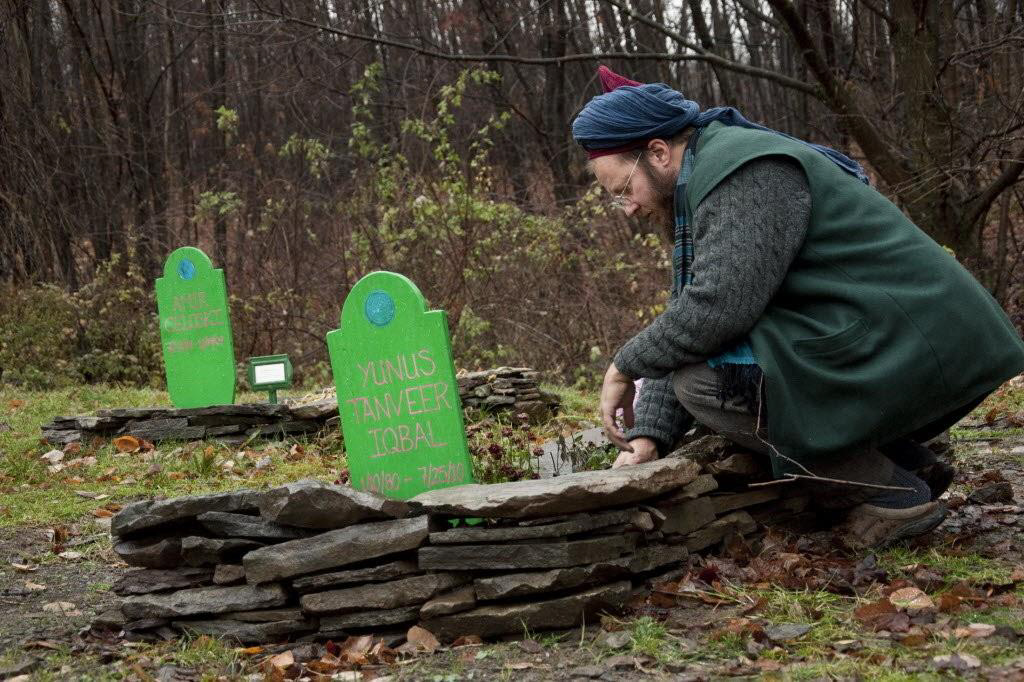
In the tapestry of Islamic tradition and practice, visiting the cemetery holds a poignant place, serving not just as a reminder of the inevitable journey from this world to the hereinafter but also as a deeply spiritual practice embedded with profound teachings and wisdom. This essay will explore the theological underpinnings, benefits, and critical importance of regularly visiting the cemetery as advocated in the Islamic doctrine, through the lens of the Quran and the Sunnah of Prophet Muhammad (peace be upon him). Additionally, it will delve into the grave consequences of neglecting this practice and outline the urgent need for its revival for the collective spiritual upliftment and reminder of humanity.
Theological Foundation and Importance
The practice of visiting graves is supported by both the Quran and the Sunnah, providing a solid
theological foundation for Muslims. In the Quran, though direct references to visiting graves are
not explicit, the themes surrounding death, reflection, and the afterlife permeate the text,
encouraging believers to contemplate the eventual return to Allah. One such verse is, “Every
soul will taste death, and you will only be given your full compensation on the Day of
Resurrection.” (Quran 3:185). This underscores the transient nature of worldly life and the
importance of preparing for the afterlife, part of which involves remembering and reflecting on
death.
From the Sunnah, the tradition and sayings of Prophet Muhammad (peace be upon him), there are more explicit endorsements of visiting graves. The Prophet (peace be upon him) said, “I had formerly forbidden you to visit graves, but now visit them, for truly they remind you of the hereafter.” (Sahih Muslim). This shift in guidance underscores the importance of visiting graves as a means of spiritual reflection and remembrance of the afterlife.
Benefits of Regular Visitation
1. Reminder of the Hereafter: Regular visits to the cemetery serve as a potent reminder of the fleeting nature of life and the inevitability of death, thereby encouraging individuals to lead a life in accordance with Islamic teachings, prioritizing the hereafter over the transient worldly life.
2. Opportunity for Reflection and Repentance: The contemplation of death and the afterlife encourages self-reflection, allowing individuals to assess their deeds and make amends, fostering spiritual growth and repentance.
3. Compassion and Communal Solidarity: Visiting the graves of loved ones and community members fosters a sense of compassion, unity, and solidarity, strengthening the bonds within the Muslim community.
Negative Implications of Abandoning the Tradition
Neglecting the practice of visiting graves can have several negative implications on a personal and communal level:
1. Weakening of Faith and Remembrance: Without regular reminders of death and the afterlife, individuals may become increasingly engrossed in worldly pursuits, neglecting their spiritual health and preparation for the hereafter.
2. Loss of Community Connection: Abandoning this practice can lead to a decline in communal bonds and empathy, as the collective remembrance and mourning practices are diminished.
3. Neglect of Duties Towards the Deceased: In Islamic tradition, praying for the deceased and seeking forgiveness for them is of great importance. Neglecting cemetery visits can result in a neglect of these spiritual duties.
Urgent Need for Revival
Given the profound benefits and spiritual significance, there is an urgent need to revive the practice of regularly visiting cemeteries within the Muslim community. Educational efforts, sermons, and community initiatives can play pivotal roles in rekindling this important tradition, ensuring it remains a vibrant part of Muslim spiritual practice.
Reviving this tradition is not merely about adhering to a recommended practice but about fostering a deeply reflective, compassionate, and God-conscious community, firmly rooted in the remembrance of Allah and the hereafter.


